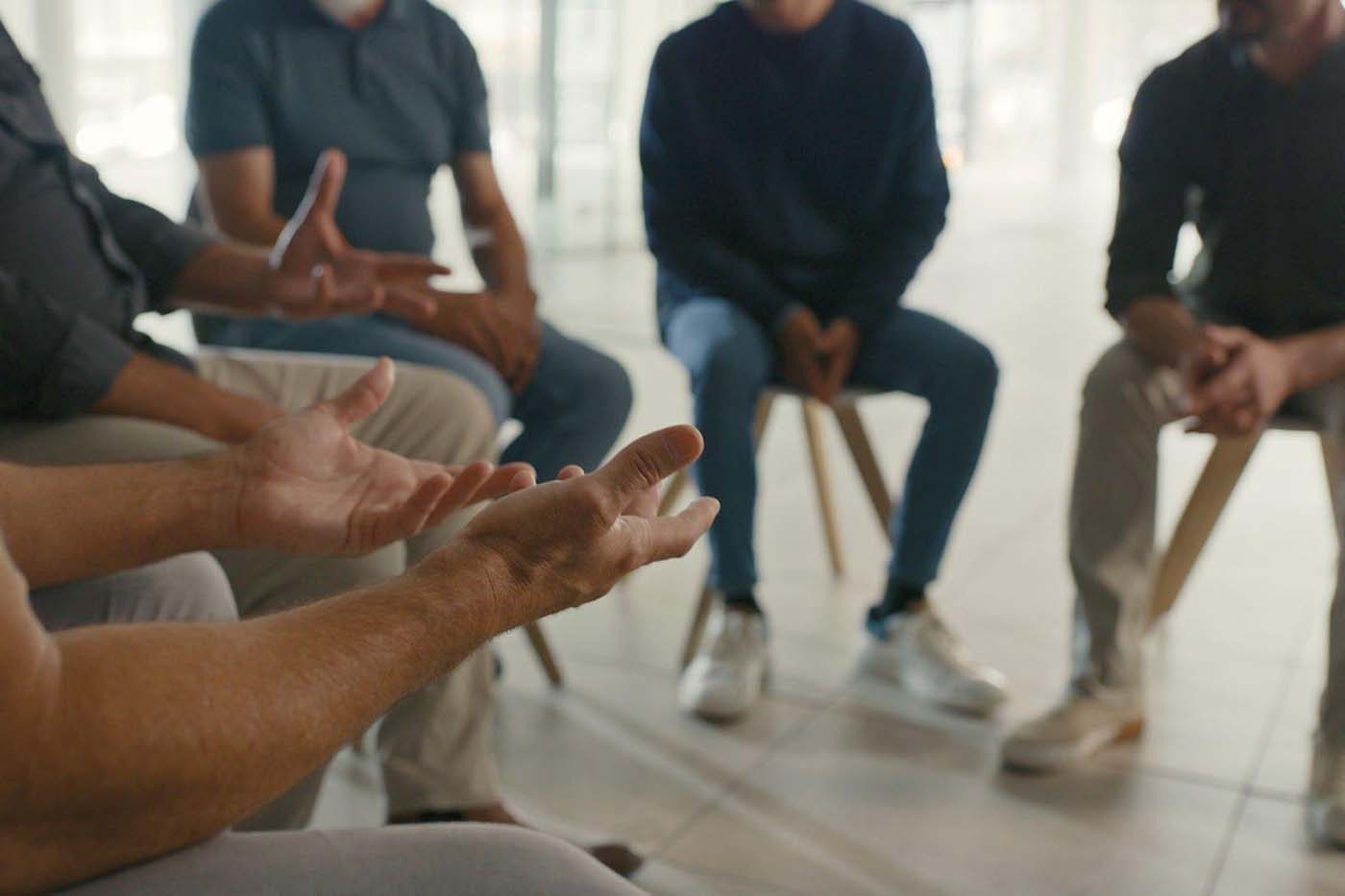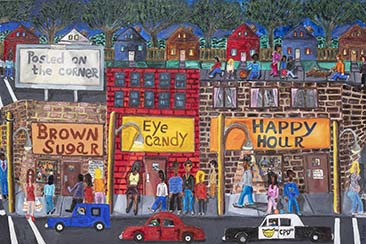In some earlier ages, addiction was taboo, and it was mainly pronounced among celebrities, as not many people talked about it openly. However, many things have changed since. The problem of addiction became much more pronounced, and many started sharing awareness about this problem. Not only campaigns about sharing awareness about this problem were created, but so were effective ways to deal with the problem and have it treated.
One of these approaches is addiction recovery through empowerment. Just like with any other recovery process, this approach needs some hard work to be effective. Recovery is a whole process that takes a lot of small steps that can bring huge victories. Unfortunately, people who are taking the wrong recovery path can remain stagnant and stuck for a very long time, which can eventually lead them toward an endless loop of failures. Addiction demands rehabilitation, and here is how to reach these empowering changes.

Goals of the Self-Empowering Recovery
Key instances of self-empowering recovery are gaining back power and capacity. The truth is that addiction, in any form, takes away one’s ability to make decisions and fills them with a feeling of powerlessness. To put it simply, it takes their focus from recovery and directs it to addiction. Even though a self-empowering approach analyses previous choices, the main goal is to lead you toward better decisions.
When someone starts making better decisions and is able to go through a healing journey in a much better and more efficient way, they will start feeling in control of both their life and themselves. The key moment is to discover when there is the right motivation to keep going and how to find hope hidden in all of these challenges.
Break of the Addictive Circle
People who have some kind of addiction need to be in an addiction-free environment with people who know how to handle them in moments of crisis and will inspire and motivate them to push toward their goal of ultimate sobriety. So, when you are searching for “inpatient drug rehab near me”, you should make sure you get the facility where you will be provided with a personalised program and care.
During the rehabilitation period, there are some stages that need to be respected, such as detoxification, which can be particularly difficult for the person going through rehab as this is the phase where addicts start throwing the traces of substances out of their bodies and start to experience withdrawal symptoms. Truth be told, not all people need to go through detoxification, but detox alone is not efficient enough to break the long-term addictive circle. Once the detox is done, the real part of the job starts.
Learn More About Addiction
Once you are done with all of the treatments and are free from any kind of substance, you will be able to Once you are done with all of the treatments and are free from any kind of substance, you will be able to think more clearly, and you should take this as a chance to learn more about your addiction. Learning more about addiction means that you will gain insight into what situations, which people, and what kinds of events, sensory experiences, and habits may trigger substance cravings and potential relapses. The majority of rehab facilities can help you find out undercover triggers and how to get over them so you can manage the transition back to your normal life. For those in Arizona seeking assistance, it’s worth noting that there are Arizona rehab centers that accept AHCCCS, which can provide valuable support in navigating recovery within the framework of accessible healthcare options.

Dig Out Hidden Issues
There are many different reasons why people get addicted to certain substances, and you need to gain insight into what attracts you to the substance of your choice. Is it one of the ways to cope with pent-up stress? Do these substances make you go numb emotionally and physically so that you do not feel pain? Is consuming substances one of the ways to avoid responsibility, gain someone’s approval, and belong to the group? It is of the utmost importance to peel back all of the layers of your behaviour so you can understand what lies behind your drug habits.
Counsellors at rehabilitation facilities are specially trained to dig into these issues and make sense of them, so they may help you build some new coping mechanisms and skills that do not rely on substance abuse.
Building of New Practices and Habits
Most people who have a history of drug abuse have poor discipline and self-care habits. An essential part of the self-care routine for a person recovering from addiction is breaking the habit and setting and accomplishing goals. The majority of people, regardless of whether they have recovered or not, are not really sure how to set goals, let alone how to achieve them. They begin with honest intentions but, eventually, abandon them since they do not set their goals with the proper mindset.
The repetitive cycle of wanting to change behavioural patterns but failing every time is one of the reasons why people eventually give up. This is a common characteristic among the vast majority of people who are dealing with addictions. They normally think that some changes will help them deal with addictions without even realising how big an impact they have on their lives. So, rehabilitation can help you set long-term and short-term goals in areas where recovery is expected to give the fastest results. Some of the main focus areas include physical and emotional health, relationships, and spiritual and occupational aspirations.
Establishment of Boundaries
People who abuse certain substances take too little responsibility for their behaviour and life choices, while friends and family take a little too much responsibility. Relationship boundaries, according to which people navigate healthy relationships, are often unclear and distorted in families where you can find addictive patterns. Rehabilitation is one of the ways you can find new channels through which you can establish new boundaries without getting tangled. Your key goal is to find out the ways in which you will start establishing healthy relationships.
Addiction has become quite a problem nowadays as there are many forms of it, and people still relapse and start using substances that make them feel less stressed without realising that they are actually changing their brain chemistry. However, there is also a way out if you are persistent enough to walk it till the end.








